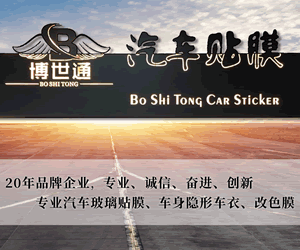A working class that is known for earning high average salaries and not performing manual labor at their jobs. White collar workers historically have been the "shirt and tie" set, defined by office jobs and not "getting their hands dirty" .
This class of worker stands in contrast to blue collar workers, who traditionally wore blue shirts and worked in plants, mills and factories.
White collar work used to mean a high level of education and a cushy job with perks. That distinction today is blurred by the fact that white collar employment has become the dominant working class in the U.S. and other advanced nations. Many jobs that require a shirt and tie are actually low-paying and high stress, especially in the modern service and technology sectors.
There are also white collar workers' unions, which, historically, was a distinction of just blue collar workers.













